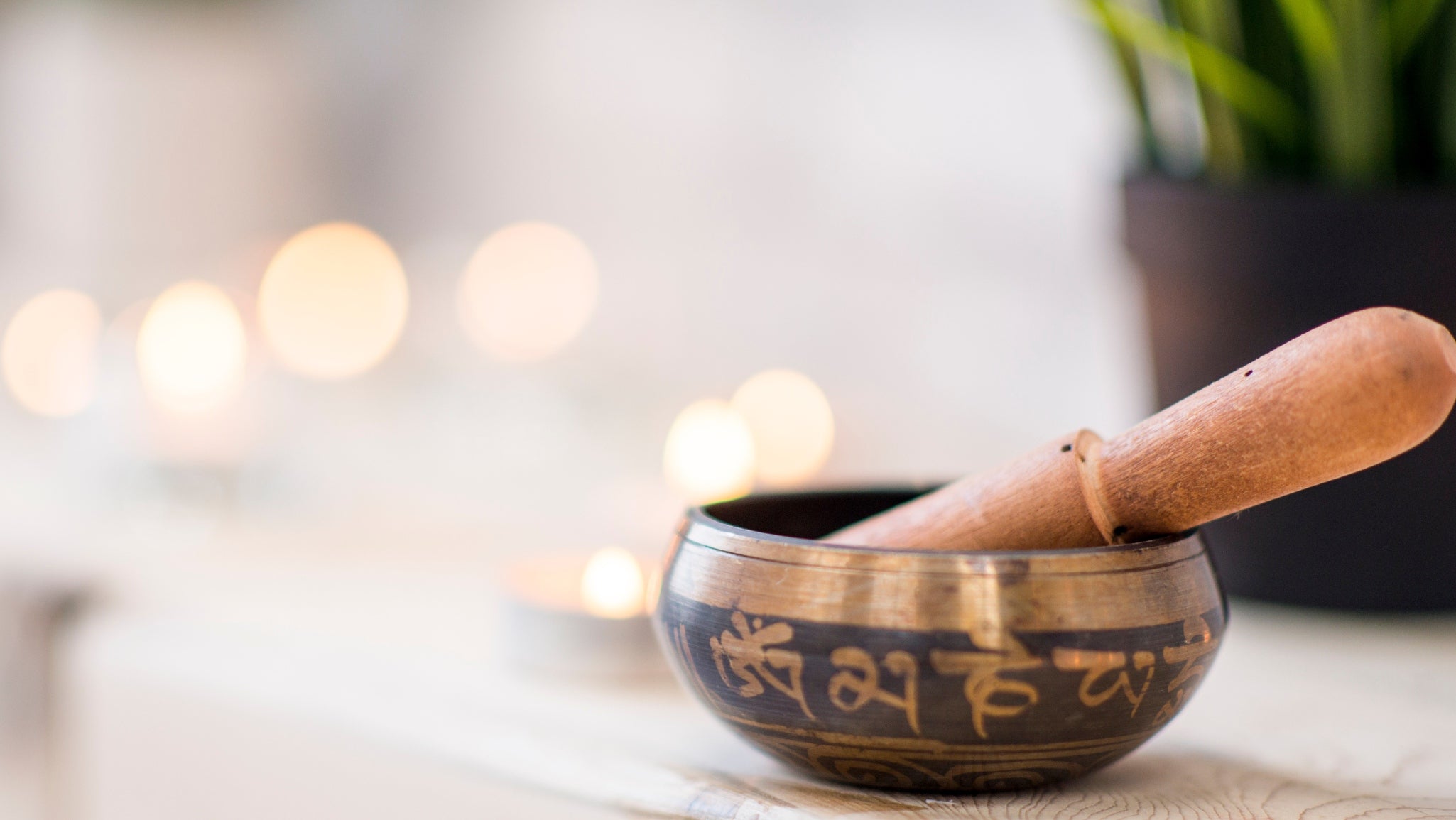Asteya is the third Yama principle from Patnjali’s Yoga Sutras. It refers to non-stealing, but like with other yamas, the true meaning is much deeper than it seems.
Of course, we shouldn’t steel anyone’s belongings, but there are other ways in which we steal – and may not be aware of it. And that’s not something we should feel guilty about. The only way to overcome anything is to understand and accept it. And this article serves exactly for that purpose.
Here are some thoughts on the true meaning of Asteya, and how you can begin to practice this principle in your everyday life.
What is Asteya?
Asteya literally translates to non-stealing, which of course includes the stealing of material things. However, beyond that, it also refers to the intention of possession and stealing – whether it is money, things, relationship, talents, time, resources, gifts or anything else.
Anything that you take or just want to take which is not yours means breaking Asteya.
We mentioned in the introduction that the only way to truly overcome something is through understanding and acceptance. In the case of stealing, we don’t have to fight with that intention or action itself, but its underlying cause.
The cause of breaking Asteya are greed, comparison with others, desire, and a sense of lack in any way, whether it is lack of money, or lack of power.
Asteya also requires us to find a balance between stealing from ourselves and stealing from the world – encouraging us to have everything that we need to help support our purpose in this world, but no more or less than that.
How To Practice Asteya Towards Yourself
The core idea of Asteya is to understand that you already have everything you need. You don’t have to chase happiness, power, knowledge or love—you can find all of that within you.
Like with all principles, the practice of Asteya begins with meditation. We need to meditate on abundance, to understand with that we will always have enough, be enough, and that the world has plenty of gifts to cater to every being on earth and more. When we practice abundance, we are also able to practice Asteya, and we naturally become more generous.
On a material level, any type of hoarding is considered to be against Asteya – and many of us are guilty of it. Try to practice a minimal approach to life. You don’t have to be radical with it.
Asteya also means not robbing ourselves of experiences, good and bad alike. When you do face a feeling of greed, lack or fear that you might lose a possession, person, emotion or anything else – allow yourself to experience that. By experiencing our shadow, that dark place within us, we are also allowing the good to grow even more.
Continuing on that – staying in your comfort zone is also seen as an act of stealing in yoga. By releasing your comfort zone – with compassion – you will be able to get most of the life and let all your talents shine.
By doing that, you will have the power to encourage others and to build more honest and valuable relationships.
Asteya Towards Others
We will not focus as much on stealing material things like money, as that is, hopefully, obvious. However, even if we never steal anything physical, we are all sometimes stealing from others without being aware of it.Instead of feeling envious or greedy about the lifestyle, talents, relationships or beauty someone else has, we want to cultivate love for them, and be grateful that they are thriving. We are able to do that by first focusing on building a sense of abundance within ourselves, as we talked about in the previous section.
We can also break Asteya by stealing someone’s peace. You surely noticed that if you are in a bad mood, it will instantly transfer to others, even if they were peaceful before that. Try to be respectful towards others, and don’t disrupt their peace. Instead, seek for ways in which you can overcome your frustration without hurting anyone else, like exercise or meditation. Of course, we all fight sometimes, but there is a time and place for that.
Also make sure to give people credit for their good work and ideas, speak out your compliments out loud. Furthermore – don’t steal anyone’s time, be punctual in your meetings.
Working on the Asteya principle is not easy – but it brings so many gifts along with it. With time, it allows us to overcome comparison and the feeling that we are not good enough or have enough, which brings so much gratitude, joy and peace into our lives.




New Year, New You – A Resolution To Practice Yoga
How To Organize A Yoga Retreat - A Simple Guide